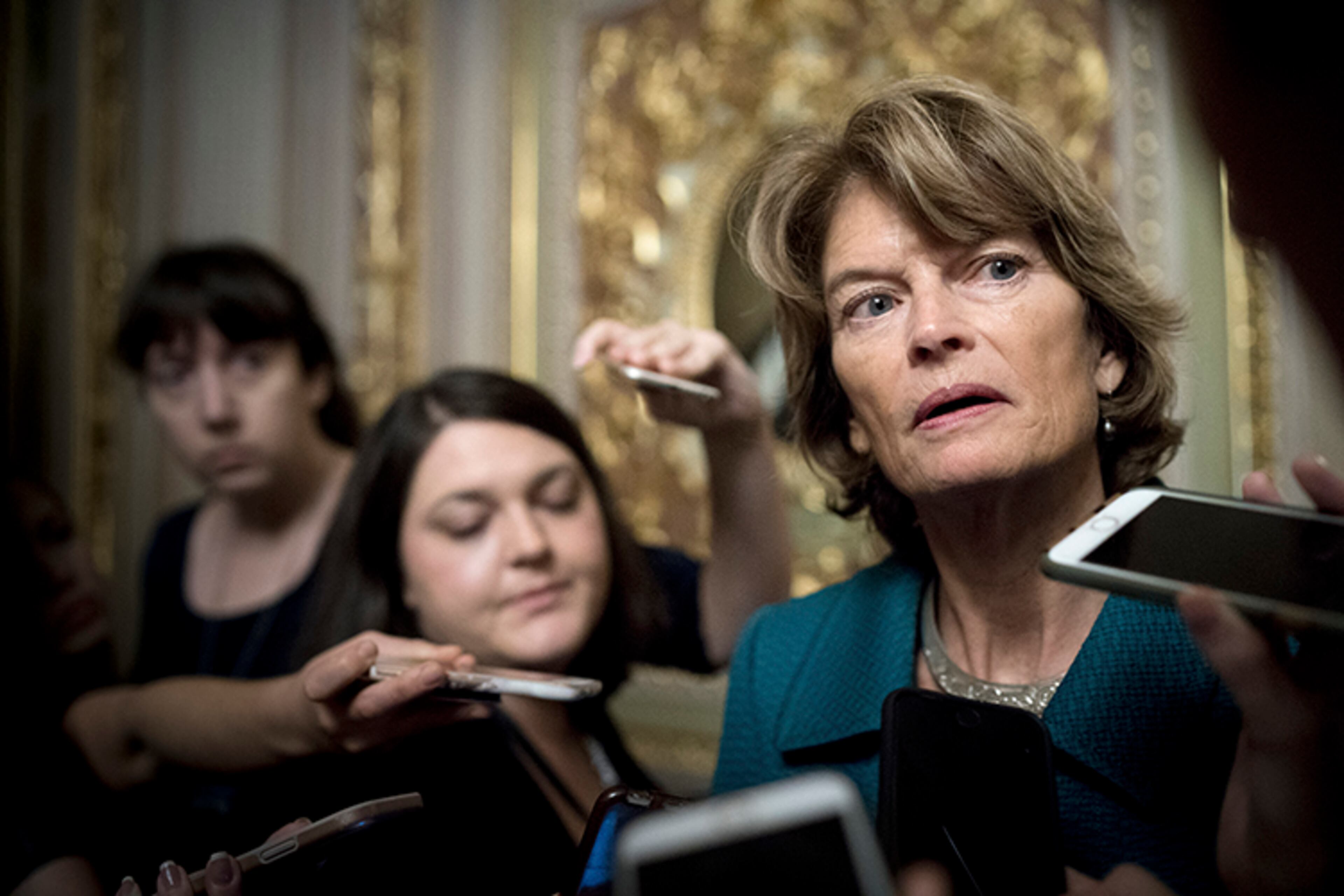Lawmakers urge Supreme Court to reconsider abortion
More than 200 lawmakers, mostly Republicans, filed an amicus brief Thursday urging the Supreme Court to upend the precedents set by two landmark abortion rights cases, elevating abortion as a campaign issue ahead of this fall’s elections.
What’s happening
The Supreme Court is scheduled to hear oral arguments on March 4 in June Medical Services v. Gee, a case over a 2014 Louisiana law that requires physicians who offer abortions to have admitting privileges at a local hospital within 30 miles. Abortion rights advocates argue that the restrictions are burdensome and would cause most doctors to stop performing abortions.
Lower courts have blocked the law, citing a 2016 Supreme Court case known as Whole Woman’s Health v. Hellerstedt, which blocked a similar admitting privileges law in Texas.
What it means
The brief, filed Thursday, was signed by 207 lawmakers, almost all Republicans with the exception of Pro-Life Caucus Co-Chairman Daniel Lipinski of Illinois and Collin C. Peterson, a Democrat from Minnesota who also traditionally votes in favor of abortion restrictions.
Thirty-nine of 52 Senate Republicans (there is one vacancy with the resignation of Republican Johnny Isakson) signed the brief.
I’m proud to stand with my friend and colleague @SteveScalise to protect life and support Louisiana’s #ProLife law. #SupremeCourt https://t.co/rmUjZ78jhd
— Barry Loudermilk (@RepLoudermilk) January 3, 2020
The brief goes further than Louisiana’s own brief to the court.
The lawmakers urged the high court to not only reinstate the Louisiana law but also reconsider two major Supreme Court abortion rights decisions — the 1973 Roe v. Wade case that found that abortion is legal and the 1992 Planned Parenthood v. Casey decision that upheld abortion but found some state restrictions could be allowed if they are not an undue burden for women seeking abortions.
39 Republican senators sign amicus brief asking SCOTUS to consider overturning *Roe v. Wade & Casey.*
— Steven Dennis (@StevenTDennis) January 2, 2020
Brief calls the right to abortion in Roe unworkable.https://t.co/wtJbew38fc via @GregStohr pic.twitter.com/PULQhUCcKF
The brief says the case “illustrates the unworkability of the ‘right to abortion’ found in Roe v. Wade … and the need for the Court to again take up the issue of whether Roe and Casey should be reconsidered and, if appropriate, overruled.”
Why it matters
Interest group coalitions on both sides of the abortion debate have already committed to spending record amounts to influence this year’s election — both for the presidential race and down-ballot races.
Susan B. Anthony List Candidate Fund on Thursday also announced eight endorsements of female congressional candidates who oppose abortion.
Thank you @SteveScalise, @RepMikeJohnson, @SenJohnKennedy & @MarshaBlackburn for leading 207 Members of Congress filing an amicus brief supporting Louisiana’s #ProLife admitting privileges law currently before the Supreme Court https://t.co/AGIAJ6LMk3
— Susan B. Anthony List (@SBAList) January 2, 2020
“In revisiting this issue, we hope to see the Court respect the right of state lawmakers to prioritize women’s health and safety over abortion industry profits,” said Marjorie Dannenfelser, president of Susan B. Anthony List.
Who didn’t sign brief
Eight who did not sign the brief are facing reelection this year. Those eight are Sens. Dan Sullivan of Alaska, Martha McSally of Arizona, Shelley Moore Capito of West Virginia, Cory Gardner of Colorado, Lindsey Graham of South Carolina, David Perdue of Georgia, Majority Leader Mitch McConnell of Kentucky and Susan Collins of Maine.
Some, like McSally and Gardener, are in for especially tough challenges from Democrats. Inside Elections with Nathan L. Gonzales rates both races as toss-ups.


It was not a big surprise that Collins and Sen. Lisa Murkowski of Alaska, who traditionally vote against abortion restrictions, did not sign. Collins is facing a Democratic challenger backed by abortion-rights groups this year.
Sens. Lamar Alexander of Tennessee, who is not seeking another term, and Rick Scott of Florida and Richard C. Shelby of Alabama also did not sign the brief, despite holding anti-abortion positions.
Noteworthy
Josh Hawley, of Missouri, submitted his own separate brief.
He called for the decision from the 5th Circuit Court of Appeals to stand, arguing that it would improve safety and credentialing
Samuel Lau, director of federal advocacy media at Planned Parenthood Votes, said the letter defies the will of the public.
“These anti-abortion politicians are making it very clear — they want the Supreme Court to effectively ban abortion, precedent be damned,” said Lau.
At least two 2020 Democratic candidates shared their views on the Amicus brief on Twitter.
Donald Trump stacked the Supreme Court with justices to try to overturn Roe v. Wade—and now Republicans are seizing the opportunity to restrict a woman's constitutional right to choose. We have to fight these attacks and ensure this choice remains between a woman and her doctor. https://t.co/5goWP2Bkuv
— Joe Biden (@JoeBiden) January 3, 2020
Republicans want to turn back the clock, outlaw abortion, and deny people reproductive health care—and they're hoping the Supreme Court will back their radical play. We need to take back the Senate and pass federal laws protecting our reproductive rights. https://t.co/PVlS8imk7X
— Elizabeth Warren (@ewarren) January 3, 2020
— This report was compiled by ArLuther Lee, The Atlanta Journal-Constitution.

